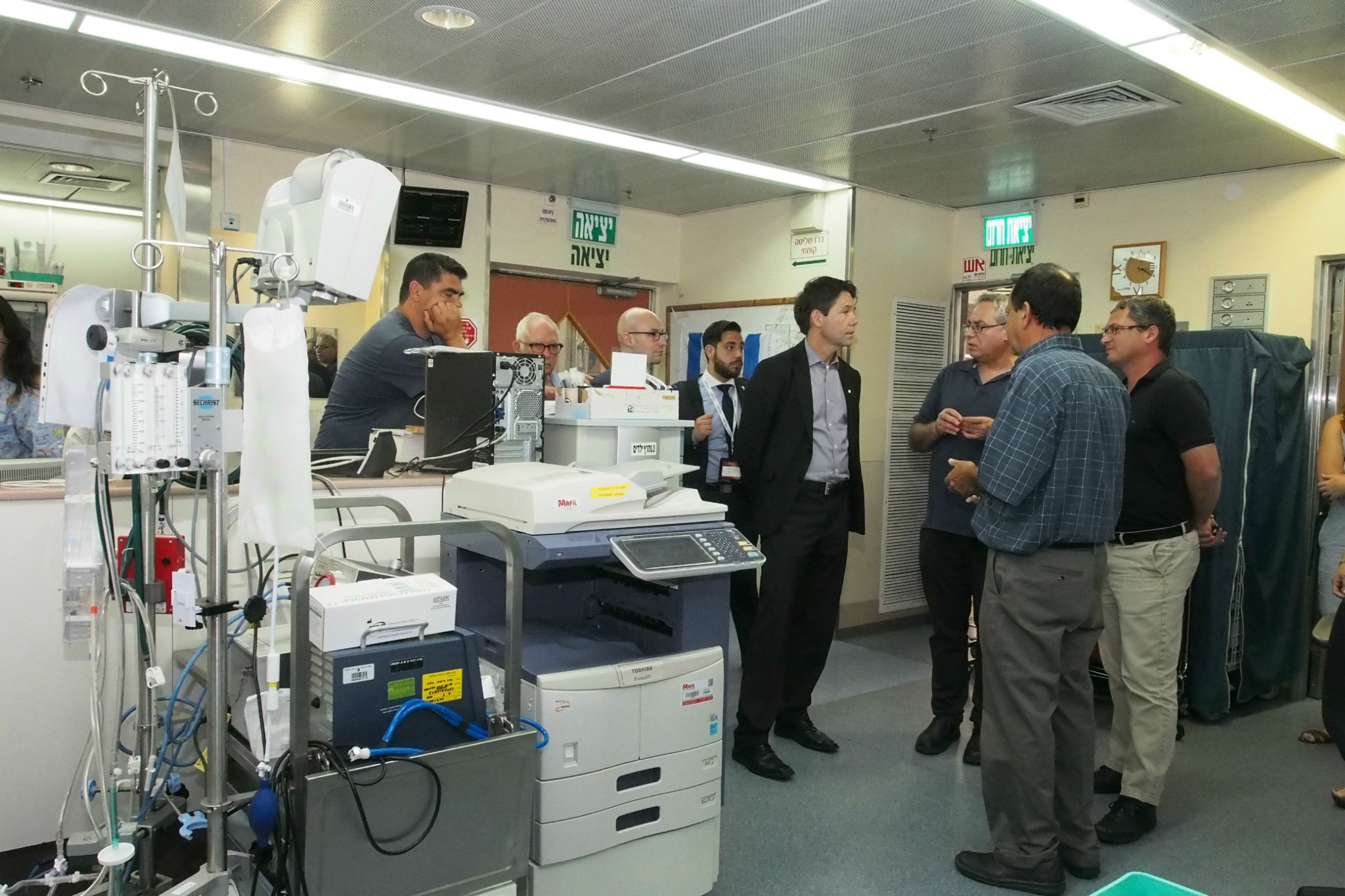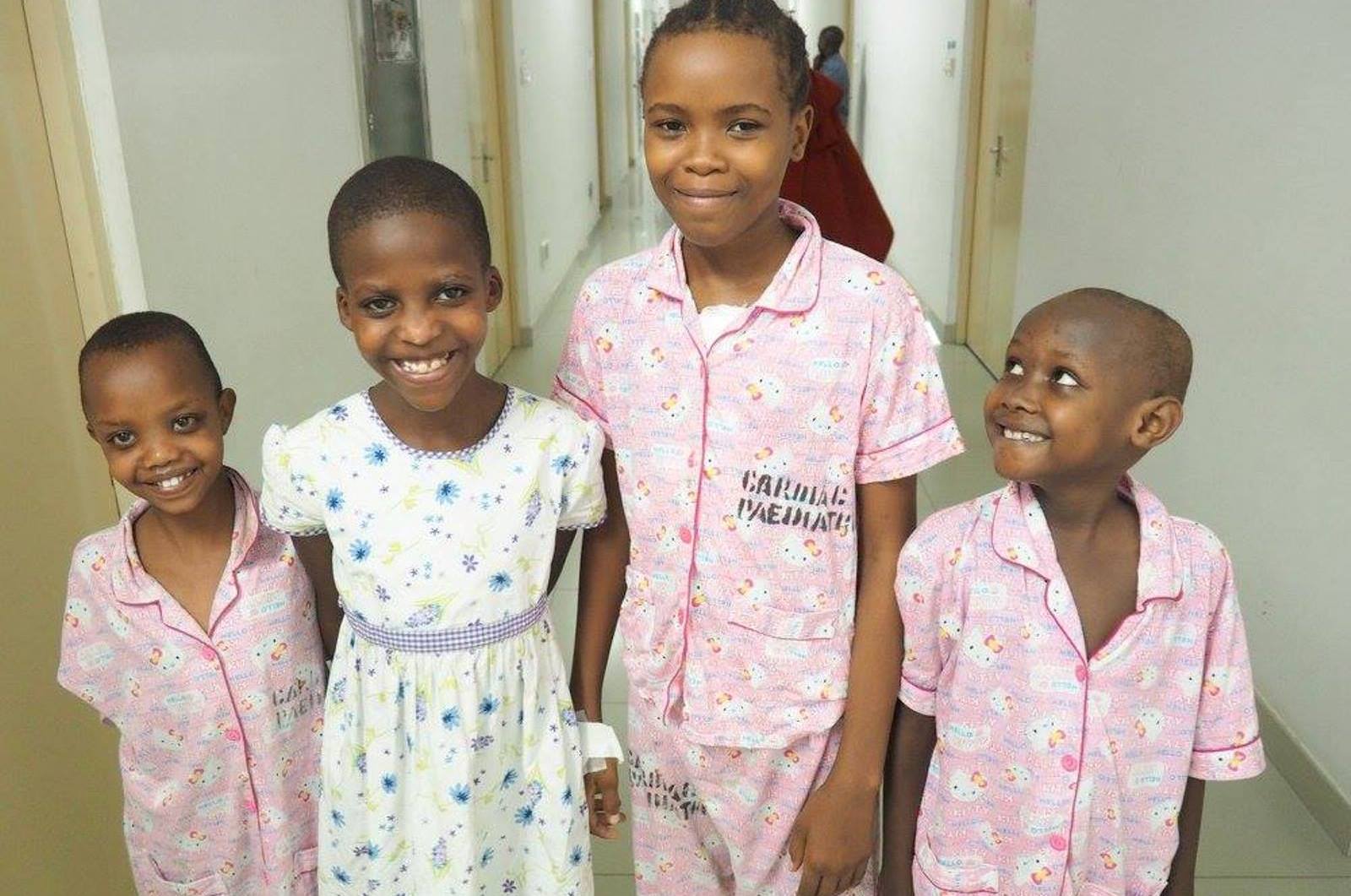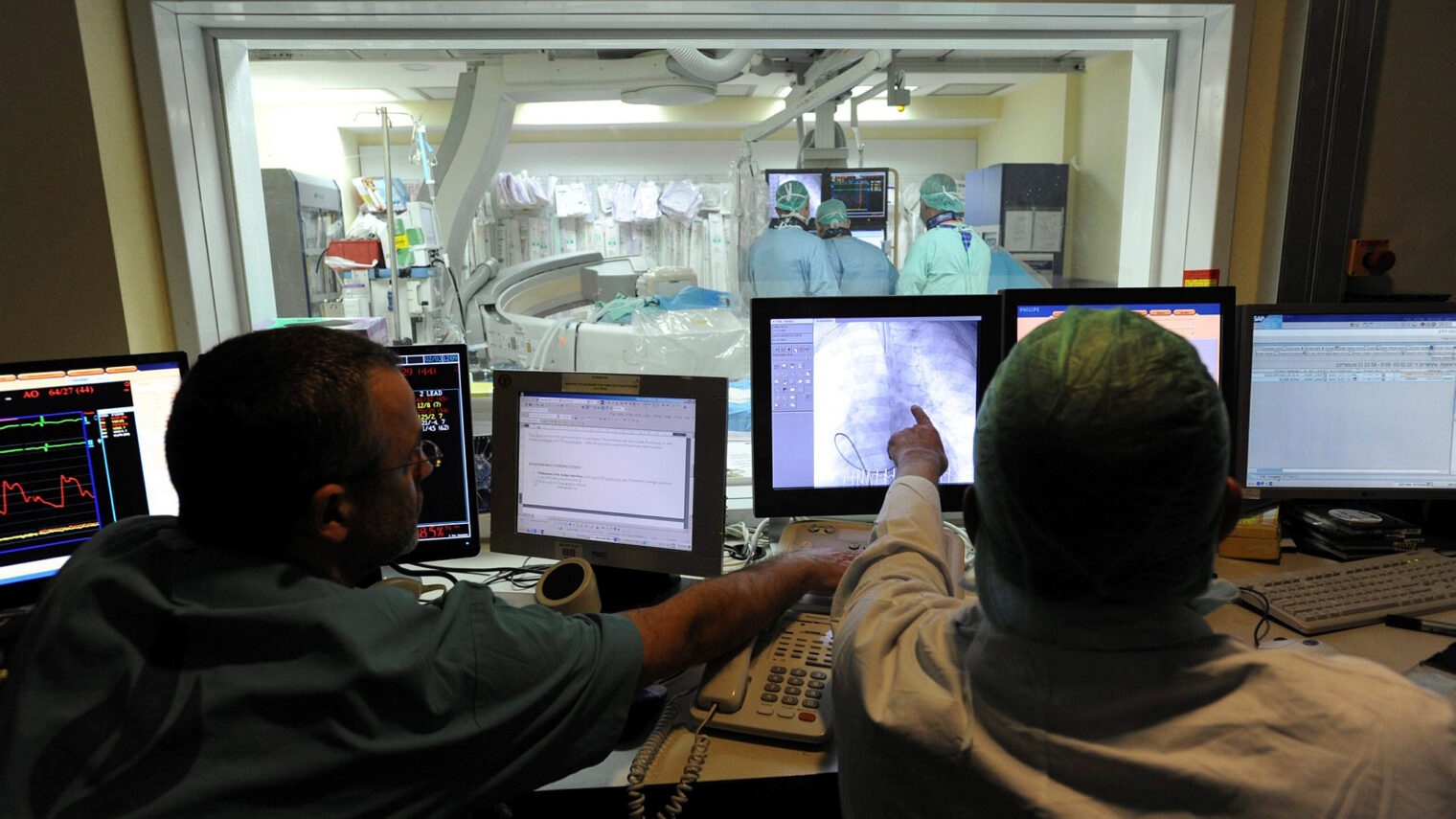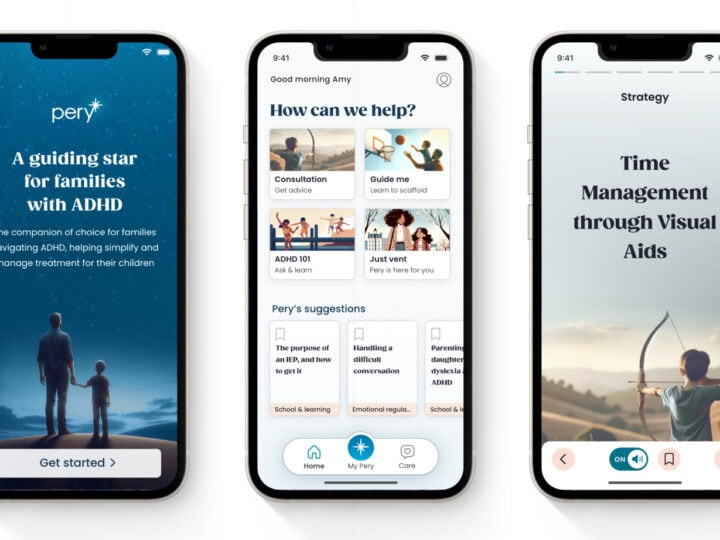Ontario Health Minister Dr. Eric Hoskins had an exciting announcement as he took the podium at a Canadian Embassy-sponsored networking event in Tel Aviv in mid-May. He told the 200-plus guests about two medical miracles he’d just observed in Israel: Save a Child’s Heart Foundation (SACH) and the PillCam.
While many in the crowd of Canadian and Israeli government, business, academic and research representatives already knew about Given Imaging’s camera-in-a-pill alternative to colonoscopy, few knew that a new partnership between the Ontario government and SACH had been announced hours before the soiree.
Hoskins had come to the Tel Aviv Port gathering from SACH’s home base, the Wolfson Medical Center in Holon, where the international humanitarian organization carries out its mission to provide quality cardiac care to children from developing countries.

The joint venture will put an emphasis on global health and global surgery integration by placing Ontario medical students or postgraduate trainees in cardiology, neonatal ICU and heart surgery as clinical interns at Wolfson.
The Canadians will learn, observe and participate in SACH’s care of children from many disadvantaged countries.
Approximately half of the children treated by SACH are from the Middle East, including the West Bank, Gaza, Syria, Iraq and Jordan. More than 30 percent are from African countries and the rest are from Asia, Eastern Europe and the Americas.

Hoskins tells ISRAEL21c that the program is meant to start immediately for second-year medical students and residents. He says a number of Ontario medical schools are interested in the joint venture.
At Wolfson, he met hospital director Dr. Yitzhak Berlovich and SACH leading physicians Dr. Lior Sasson, Dr. Sion Houri, Dr. Akiva Tamir and Dr. Hagi Dekel. SACH Canada representative Jessi Birenbaum and SACH executive director in Israel Simon Fisher also were there.
Unusual medical cases
SACH – which is also a registered Canadian charity — deals with a unique case mix of congenital heart disease, often in advanced stages, and rheumatic heart disease that is rarely seen today in developed countries.
Many of the patients from Africa and Asia also suffer from parasites, malaria or tuberculosis and need concurrent treatment at the Israeli hospital.
“The Ontario students and trainees will see kids with cardiac problems that they wouldn’t see in Canada. They’ll be exposed to heart diseases and health problems they wouldn’t otherwise see,” Hoskins tells ISRAEL21c.
But exposure to unusual medical cases is only one of the reasons Ontario’s Health Ministry is keen on the partnership.
Hoskins stresses the value of the opportunity for Ontario medical students and postgrad trainees to be part of a global humanitarian effort that treats kids of any race, religion or gender, despite distance or regional tensions; to meet the children, their parent or nurse-caregiver; and to learn of the social, educational and economic hardships they face at home.

“Save a Child’s Heart is an example of the generous contributions that Canadians and Israelis can make when we work as partners. I am proud of the work we are doing together and look forward to continuing to build on this important partnership,” said Hoskins, a medical doctor and cofounder of the War Child Canada, charity that helps thousands of children in conflict zones.
He says one of the highlights of his visit at Wolfson was meeting an Ethiopian surgeon and a Gazan doctor. They are being trained by SACH medical teams so that they can establish pediatric cardiac clinics in their communities.
Hoskins tells ISRAEL21c that seeing Gazan pediatric patients in an Israeli hospital was an even more powerful message for him as it shows how Israeli doctors truly uphold the Hippocratic Oath to treat the ill with warmth, sympathy and understanding.
“It’s not just exposure to illnesses you can’t see in Canada but the whole package. Being exposed to the Israeli healthcare system where every person’s life has value and they put that into practice here,” says Hoskins.
“And SACH is a pretty amazing program. You can tell how committed the doctors are.”
















